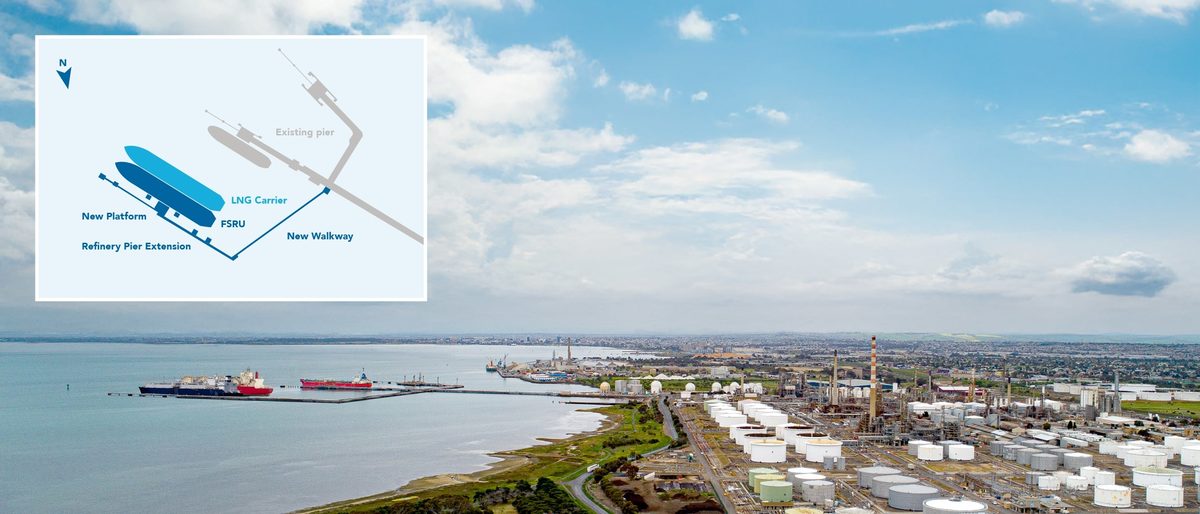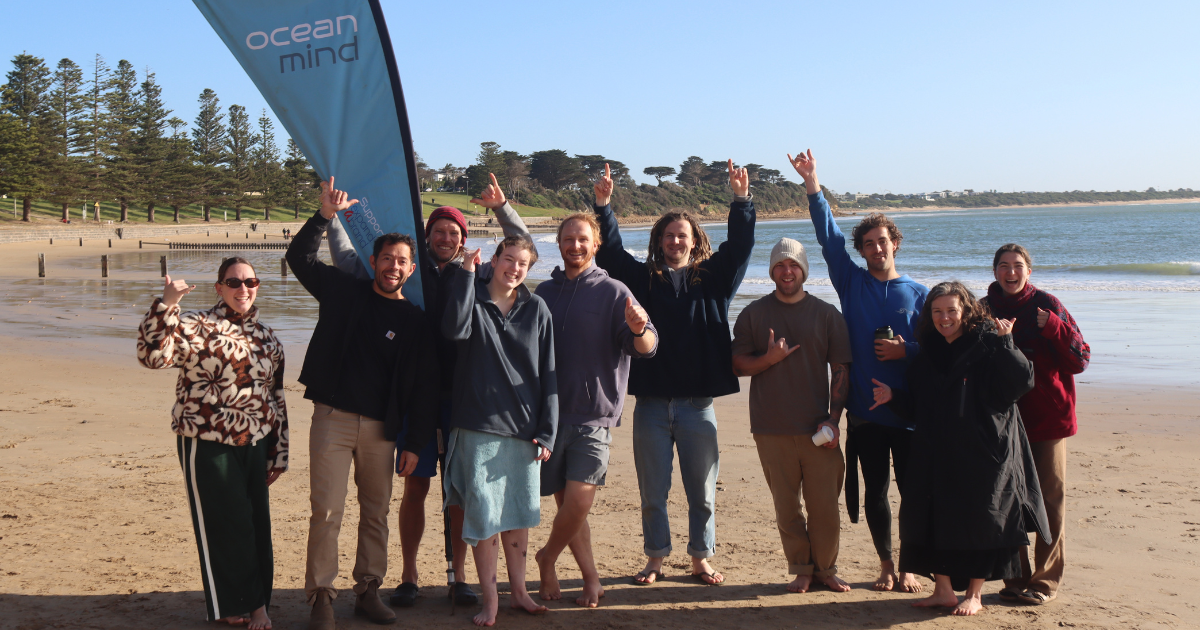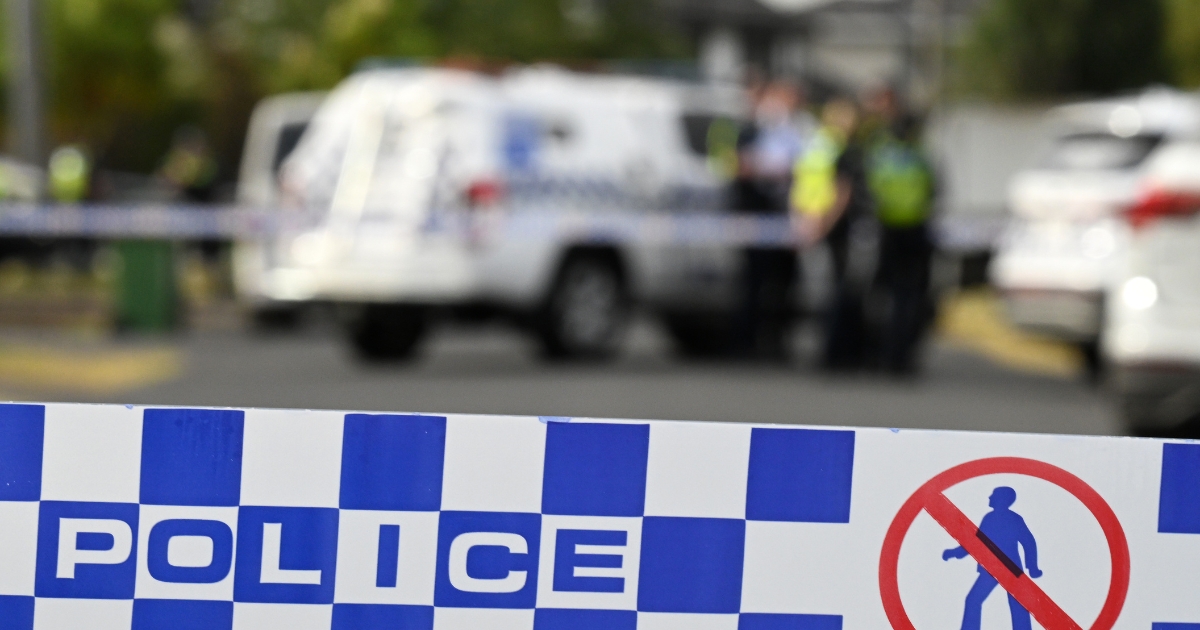City ups its food waste composting capacity
MORE of Geelong’s food waste will be converted into high-quality organic fertiliser through the City of Greater Geelong’s purchase of two specialised composting units.
The in-vessel HotRot machines at the city’s Anakie Organics Processing Facility are expected to annually divert up to 1,200 tonnes of food waste from landfill, with feed material being sourced from the Lara Food Waste Collection Trial, the new Wurriki Nyal offices and other city-managed facilities.
Compost produced from the machines will be used in city parks including the Botanic Gardens, sporting grounds and local farms in addition to the Better for Geelong compost product that’s already produced on site from the contents of the city’s green bins.
The Anakie facility is now transforming more than 40,000 tonnes of garden material into compost each year and onselling it through local garden suppliers for between $70 to $80 per cubic metre.

“The expansion of this facility to involve food waste builds on council’s commitment to the circular economy and our food waste trial in Lara,” deputy mayor Anthony Aitken said.
Installation of the second unit was supported by a $250,000 grant from the state government’s Sustainability Victoria.
With food waste making up a third of the average household landfill bin, council plans to roll out the service to all greater Geelong by 2024 and be processing all organic household waste from 2025-26.

The city has set itself an end goal of diverting all household waste from landfill by 2031.
The Lara Food Waste Collection Trial has so far collected about 200 tonnes of food waste, equivalent to 20 full waste collection trucks.
“Not only are we converting waste into high-grade compost for our community, keeping the process local means we’re also cutting down the emissions from transporting it outside the region,” Cr Aitken said.

Geelong is one of four local councils to have signed waste supply agreements with Barwon Water to take organic waste from kerbside collection for processing at the Regional Renewable Organics Network (RRON) when it is built at its Black Rock water reclamation plant in Connewarre.
Alongside the Surf Coast Shire, Borough of Queenscliffe and Golden Plains, Barwon Water plans to transform the organic waste into agricultural products like soil enhancers and biochar, and renewable energy, by 2025.
Council’s director of city services Guy Wilson-Browne said the volume able to be processed in the HotRots won’t impact any waste supply agreement with the RRON “as the unit’s capacity is limited and likely to process non-residential food organics in the future.”


















